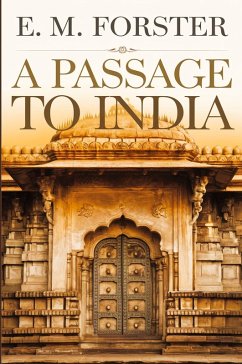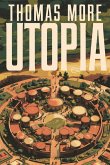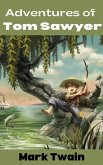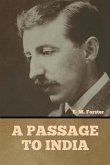Discover the Complexity of Culture and Connection in A Passage to India E. M. Forster's A Passage to India is a powerful exploration of friendship, colonialism, and the clash of cultures in British-ruled India. With its richly drawn characters and profound social commentary, this novel remains a cornerstone of 20th-century literature. A Story of Friendship and Conflict Set in the fictional town of Chandrapore, the novel follows Dr. Aziz, a Muslim physician, and his interactions with two English visitors, Miss Adela Quested and Mrs. Moore. Their attempt to bridge cultural divides is disrupted by a tragic misunderstanding during a visit to the mysterious Marabar Caves. The event ignites tensions between the British colonizers and the Indian community, unraveling friendships and exposing deep-seated prejudices. Key Themes in A Passage to India: Colonialism and Power: A critique of the British Empire's impact on Indian society and identity. Friendship and Misunderstanding: The challenges of forming meaningful relationships across cultural boundaries. Religion and Spirituality: The coexistence and conflict among Hinduism, Islam, and Christianity. The Mystery of the Marabar Caves: A symbol of the unknown and the limitations of human understanding. A Timeless Classic With its nuanced portrayal of cultural tensions and its universal themes of humanity and connection, A Passage to India is a profound and thought-provoking novel. E. M. Forster's keen insight into human relationships and societal dynamics makes this a must-read for lovers of classic literature.
Bitte wählen Sie Ihr Anliegen aus.
Rechnungen
Retourenschein anfordern
Bestellstatus
Storno








